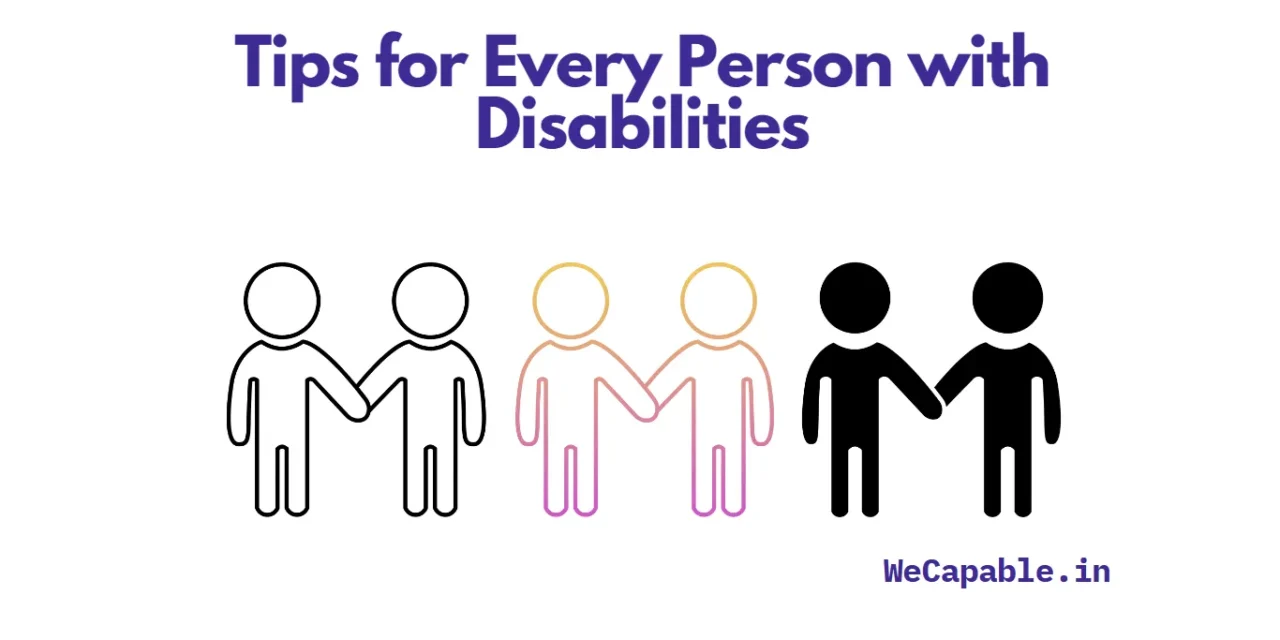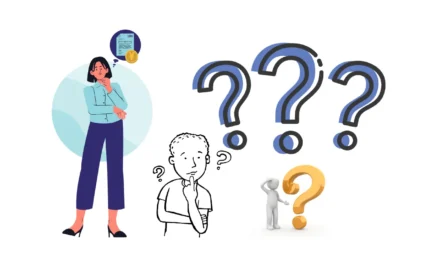The Positive Effects of Meditation and Self-Care Tips
Meditation is an ancient practice that has been used for centuries to promote physical and mental well-being recent years, it has become increasingly popular as a way to reduce stress, improve focus, and increase overall well-being. In this article, we will explore the positive effects and provide practical tips to help you get started.
What is Meditation?
Meditation is a practice of focusing the mind on a single thought or object in order to achieve a state of relaxation and inner peace. It can be done in a variety of ways, including sitting in a quiet place, focusing on the breath, or repeating a mantra. The goal is to be achieve a state of calm and clarity, allowing the mind to be free from distractions and worries.
The Benefits of Meditation
Meditation has been shown to have a number of positive effects on physical and mental health. Here are some of the most common benefits:
- Reduced stress and anxiety: Meditation can help to reduce stress and anxiety by calming the mind and body. It can also help to improve focus and concentration, allowing you to better manage stressful situations.
- Improved mood: It can help to improve mood by reducing negative thoughts and increasing positive ones. It can also help to reduce feelings of depression and anxiety.
- Increased self-awareness: Meditation can help to increase self-awareness by allowing you to become more aware of your thoughts and feelings. This can help to improve decision-making and problem-solving skills.
- Improved physical health: Meditation can help to improve physical health by reducing blood pressure, improving sleep, and boosting the immune system.
Practical Tips for Getting Started
Meditation can be a great way to reduce stress and improve overall well-being. Here are some practical tips to help you get started:
- Find a comfortable place: Find a quiet, comfortable place where you can sit or lie down without being disturbed. This could be your bedroom, living room, or even a park.
- Set a timer: Set a timer for 10-15 minutes so that you don’t have to worry about the time. This will help you to stay focused and not get distracted.
- Focus on your breath: Focus on your breath and try to clear your mind of all other thoughts. If your mind starts to wander, simply bring your attention back to your breath.
- Be patient: Don’t expect to achieve a state of deep relaxation or inner peace right away. It takes time and practice to master the art of meditation.
Conclusion
Meditation is an ancient practice that has been used for centuries to promote physical and mental well-being. It has been shown to have a number of positive effects, including reduced stress and anxiety, improved mood, increased self-awareness, and improved physical health. To get started, find a comfortable place, set a timer, focus on your breath, and be patient. With practice, you can learn to master the art of meditation and reap the many benefits it has to offer.
In conclusion, meditation is a powerful tool that can have a profound impact on your mental and physical health. By incorporating these practical tips into your daily routine, you can experience the many benefits of meditation and achieve a greater sense of peace and well-being.





